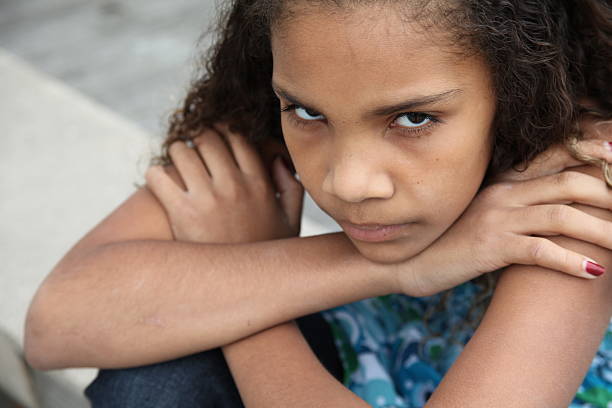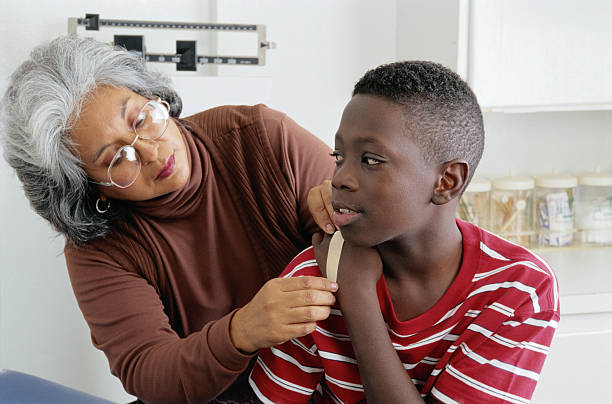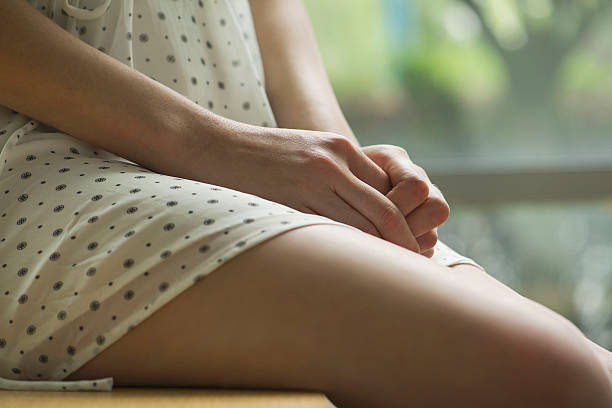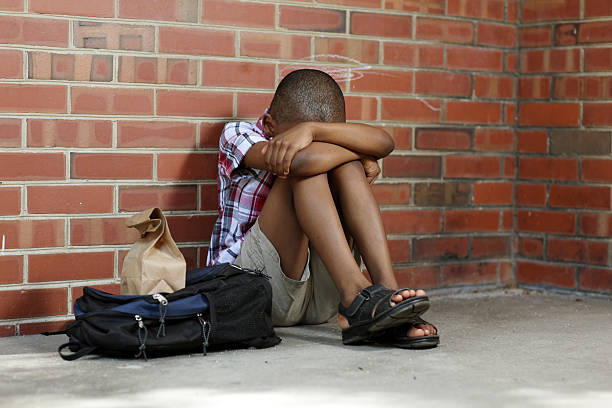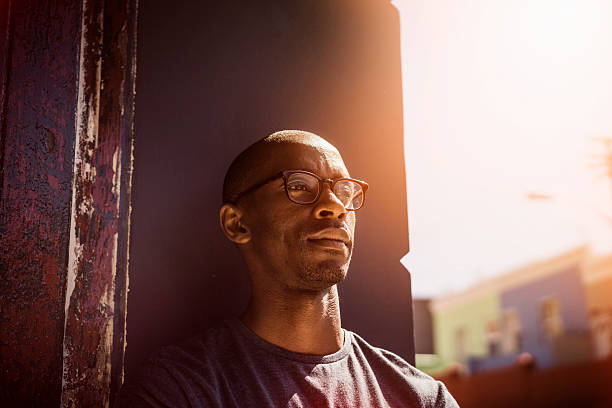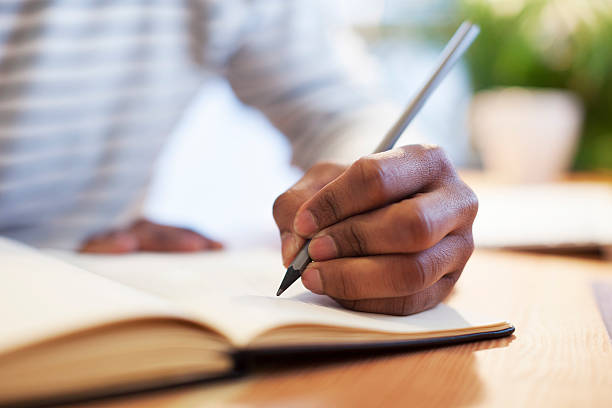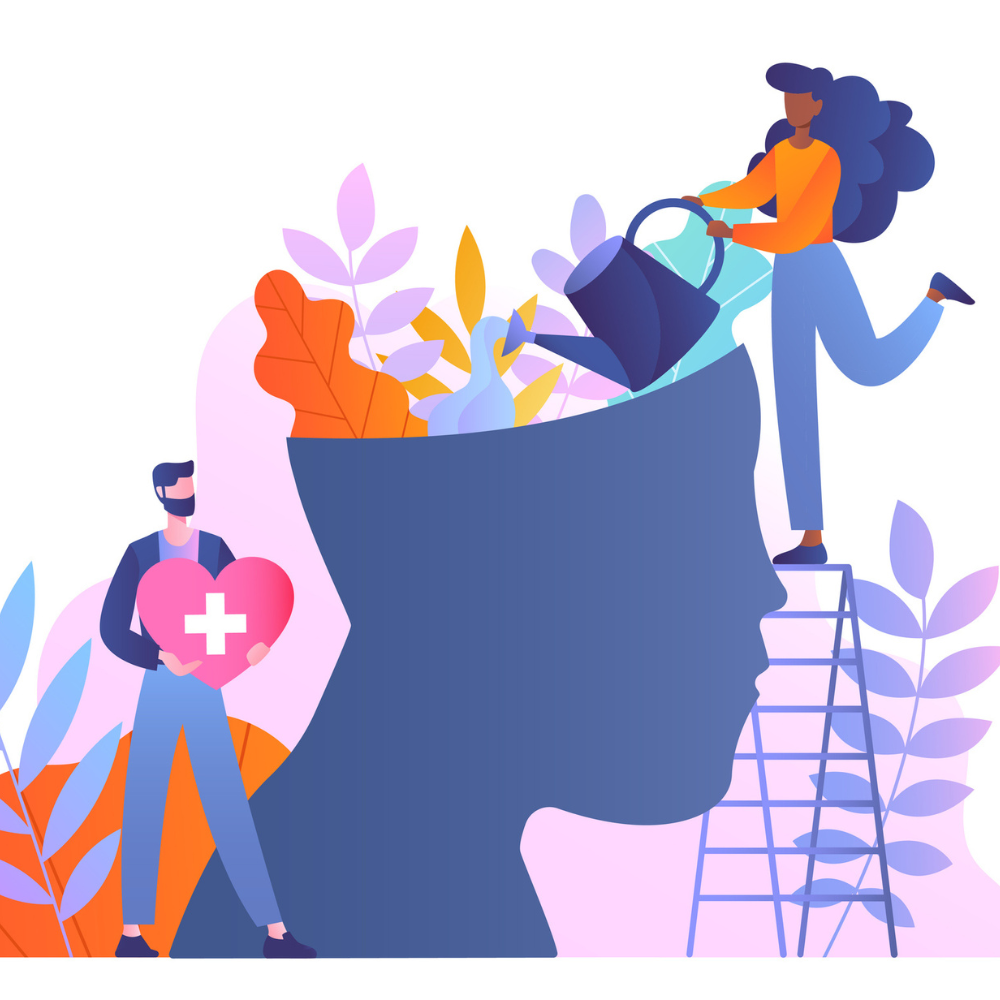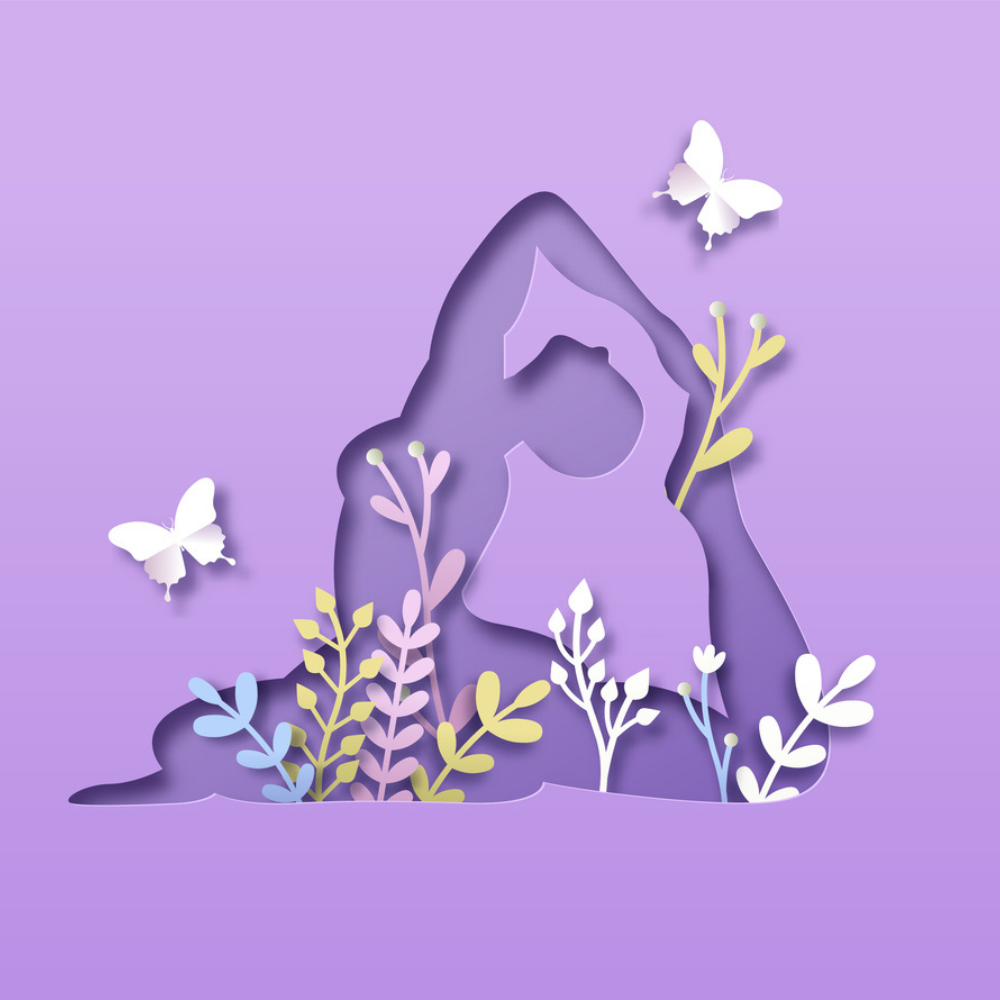
A creative writer with a voracious appetite for fashion, beauty,…
It was all innocence and carefree childishness until one trauma led to another and these left behind a traumatized adult who is now caught up in a web of addiction. In a society where we’re still toying with the idea of mental health, childhood trauma, and addiction are topics people would rather sweep under the carpet.
As children we looked to the adults around us for comfort, solace, and help in times of hurt and anxiety but what happens when these adults are the source of our trauma directly or indirectly? It’s almost a miracle for a child constantly exposed to abuse and trauma to grow up a normal and healthy adult. childhood trauma and addiction
Childhood-originated emotional trauma is easily one of the most unrecognized types of trauma because people can’t really crystallize or link its effect on a grown human.
How does this happen?
If you know someone struggling with addictions and if they open up about their childhood, it shouldn’t be a surprise to discover they may have gone through child abuse, neglect, the loss of a parent, witnessed domestic violence or had a family member suffering from addiction and/or mental illness. Psychological research has shown that those who experienced childhood trauma (and other forms of abuse) are more likely to depend on drugs, alcohol, compulsive eating, and abnormal sexual behavior.
Explaining the link between childhood emotional development and addiction in adults, Canadian physician Dr. Gabor Maté says;
“A child has certain fundamental needs for emotional development and also for brain development. If you look at the human brain, it develops under the impact of the environment. So for example, in the case of addiction, the brain’s reward circuitry is impaired. Those circuits need the support of the environment to help them in their development, and the essential quality of the environment is a mutually responsive relationship with the parent or caregiver. [When families are neglectful or abusive], the children will look for rewards elsewhere. So [when we’re looking at] the brain physiology side of addiction, which is the underdeveloped reward circuits in the brain, we’re looking at the impact of addiction.”
Here are a few ways childhood trauma could lead to addiction in adulthood
It is mindful to note that childhood trauma is not limited to these examples but are used just for the purpose of a basic overview. childhood trauma and addiction
#1. Domestic violence
This is one of the most common sources of trauma in children where they are directly abused or witness abuse in the home. This will definitely cause trauma in children if they are constantly exposed to domestic violence. As adults, such a person may turn to drugs or alcohol to numb the memories of domestic violence experienced as a child. This could subsequently lead to drug abuse and addiction.
#2. Sexual abuse
Around 90% of children who have been sexually abused are familiar with the identity of the abuser, which in most cases are close relatives. This could further lead to teen pregnancy, trust issues, deep-rooted anger, promiscuity, drug abuse, and addictions.
#3. Neglect
There’s a hollow our parents or guardians are meant to fill in us as children. If these parental figures were missing during childhood, it could lead to insecure adults who keep looking for love in all the wrong places including turning to drugs and alcohol.
When an individual has a troubled childhood, there are countless negative outcomes that could stem from it. They may have relationship issues, eating disorders, workplace misfits, addictions, and psychosis. These are just a few of the disorders that could occur.
Ways to start healing from childhood trauma
#1. Acceptance
The first stage to any form of resolution is an acceptance of your present predicament. Sometimes you have to reach an epiphany, realize you can’t go on like this, and then become eager for a turnaround.
#2. Get closure
As much as you can’t change the happenings of the past, it’s a good start towards healing when you either find out what could have been and in a case where you can’t find out the truth, try writing a letter of how you wished things turned out and how you wished you reacted. Also, get a reply from the person (if a particular person heavily influenced the trauma) probably an apology or a “why.” Do not underestimate how painful yet effective this process could be.
#3. Seek support
Most times for that behavioral change to occur, there’s a need to reach out to both loved ones and a therapist. The therapist would suggest if medication should be taken as well. The degree to which your healing would go is dependent on your receptiveness and compliance.
Remember, it is easier said than done but the more open-minded you are, the more effective this healing process would be.
Take control of your mental and emotional health and consider getting online counseling through telemedicine companies like SouthEnd Psychiatry.
Photo credit: Getty images | Featured image: Unsplash.com childhood trauma and addiction
For the latest in fashion, lifestyle and culture, follow us on Instagram @StyleRave_
This is a Style Rave original content exclusively created for our readers. If reproduced, distributed, transmitted, cached, or otherwise used by any other publishing house or blogs, such use should provide a direct link to this source article. Use of and/or registration on any portion of this site constitutes acceptance of our Terms & Conditions and Privacy Policy.
A creative writer with a voracious appetite for fashion, beauty, lifestyle and culture. As one who's passionate about the advancement of the woman, creating content that inspire smart style and living, and positive lifestyle changes is a calling I take seriously. At Style Rave, we aim to inspire our readers by providing engaging content to not just entertain but to inform and empower you as you ASPIRE to become more stylish, live smarter and be healthier. Follow us on Instagram @StyleRave_ ♥

